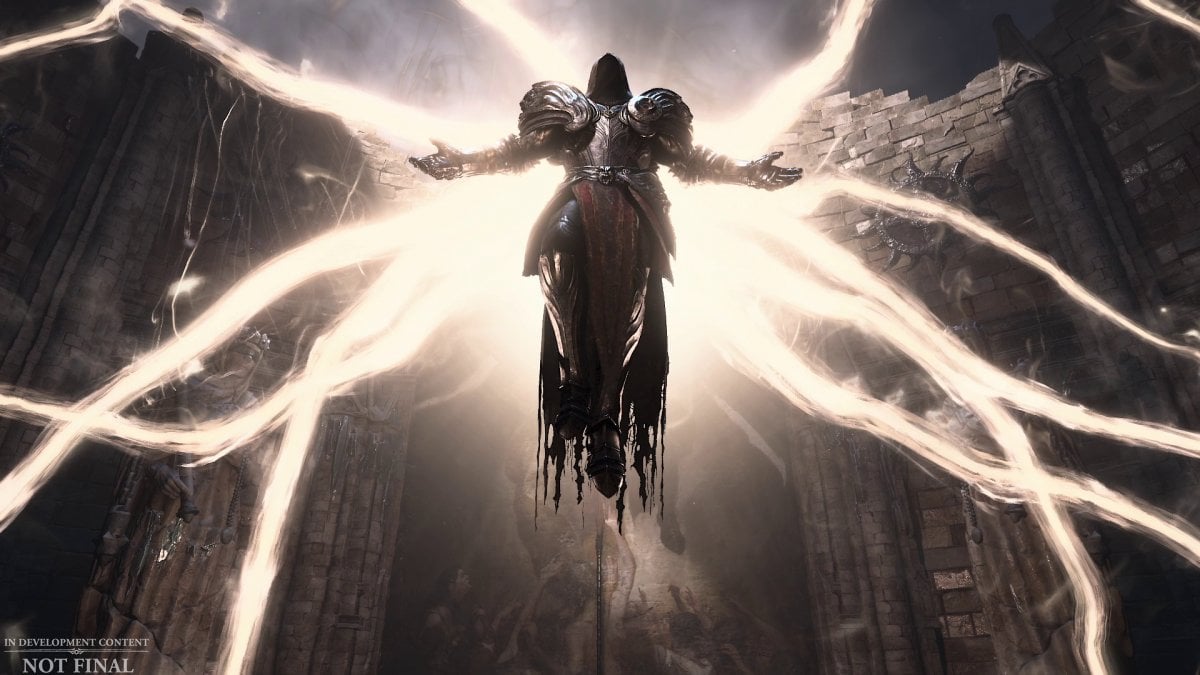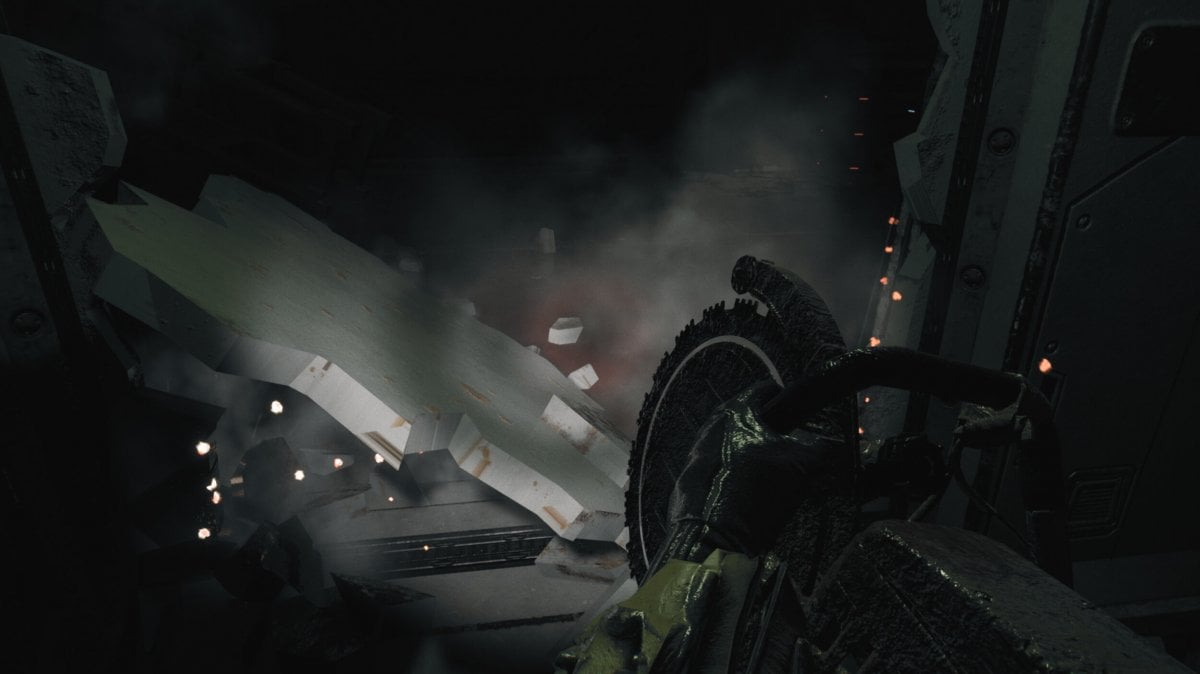A feat made by two amateur paleontologists thanks to Google Earth. They discover marine fossil deposits that are 150 million years old.

Two junior British paleontologists bugged Google Earth technology To find one of the largest marine fossils ever found. Neville and Sally Hollingworth, these two names of the couple, have used the dead times of the pandemic to explore our planet from home, with the Google reference app. A strange discovery led them to contact the Museum of Natural History and thus receive an important connection.
Read also >>> Nazi treasure in a brothel in Poland: an amazing find
Discover treasure with Google Earth

British couple Neville and Sally decided so Find new locations To be explored pending the end of the epidemic. On Google Earth, they began to watch the areas near their habitation until they identified a specific point, a rather unusual area. When in doubt, they called the Museum of Natural History and disclosed their theory. In fact, two novice paleontologists hypothesized that this discovery could be one area with fossils But they were far from imagining the significance of the conclusion.
Excavations have been revealed Hundreds of fossils Well preserved rare marine species. Sea cucumbers, sea lilies, starfish, feathered stars, dating back more than 150 million years. Usually, the fossils of this species are difficult to find because they require conservation in certain conditions. But this time the treasure was preserved and now discovered.
ALSO READ >>> The Google app has been downloaded a billion times: what it is and what it is for
What is the value of uncovered treasure?
Long live treasure creatures Jurassic Medio, Between 174 and 164 million years ago they were probably buried alive by an underwater landslide. The location of the corpses indicated an attempt to defend but there was no possibility of escape for them. The site, given the origin of the deposit, has been defined as “Jurassic Pompeii“. The value of the discovery is high given that the study of the fossils will allow new cataloging. In addition, the creatures are intact, details that facilitate the planned study and make it more complete.





